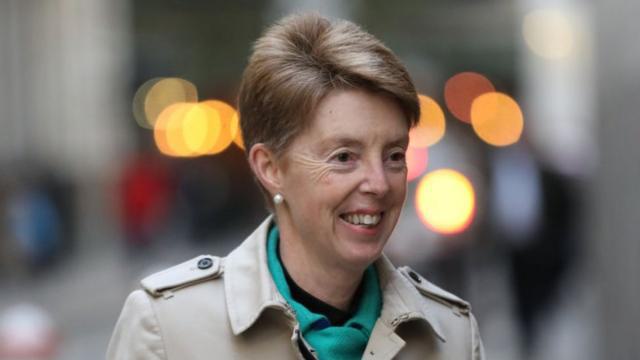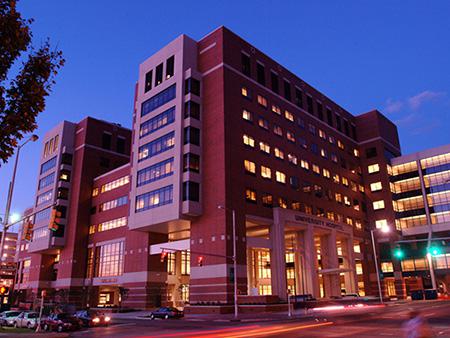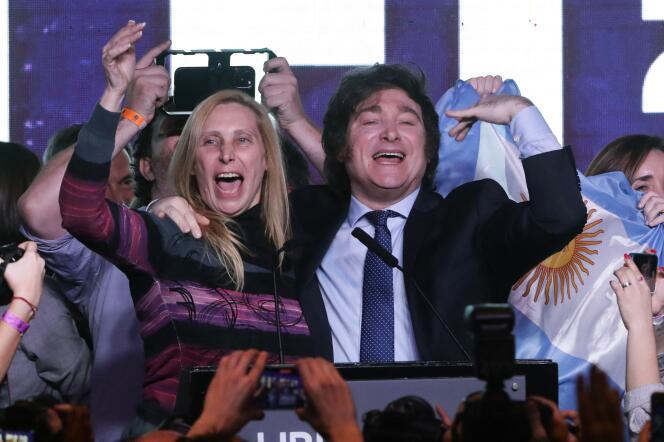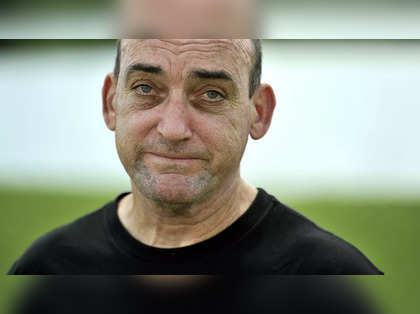Andrés Manuel López Obrador defends disclosing a reporter's phone number, saying the law doesn't apply to him
February 24, 2024 - Reading time: 2 minutes
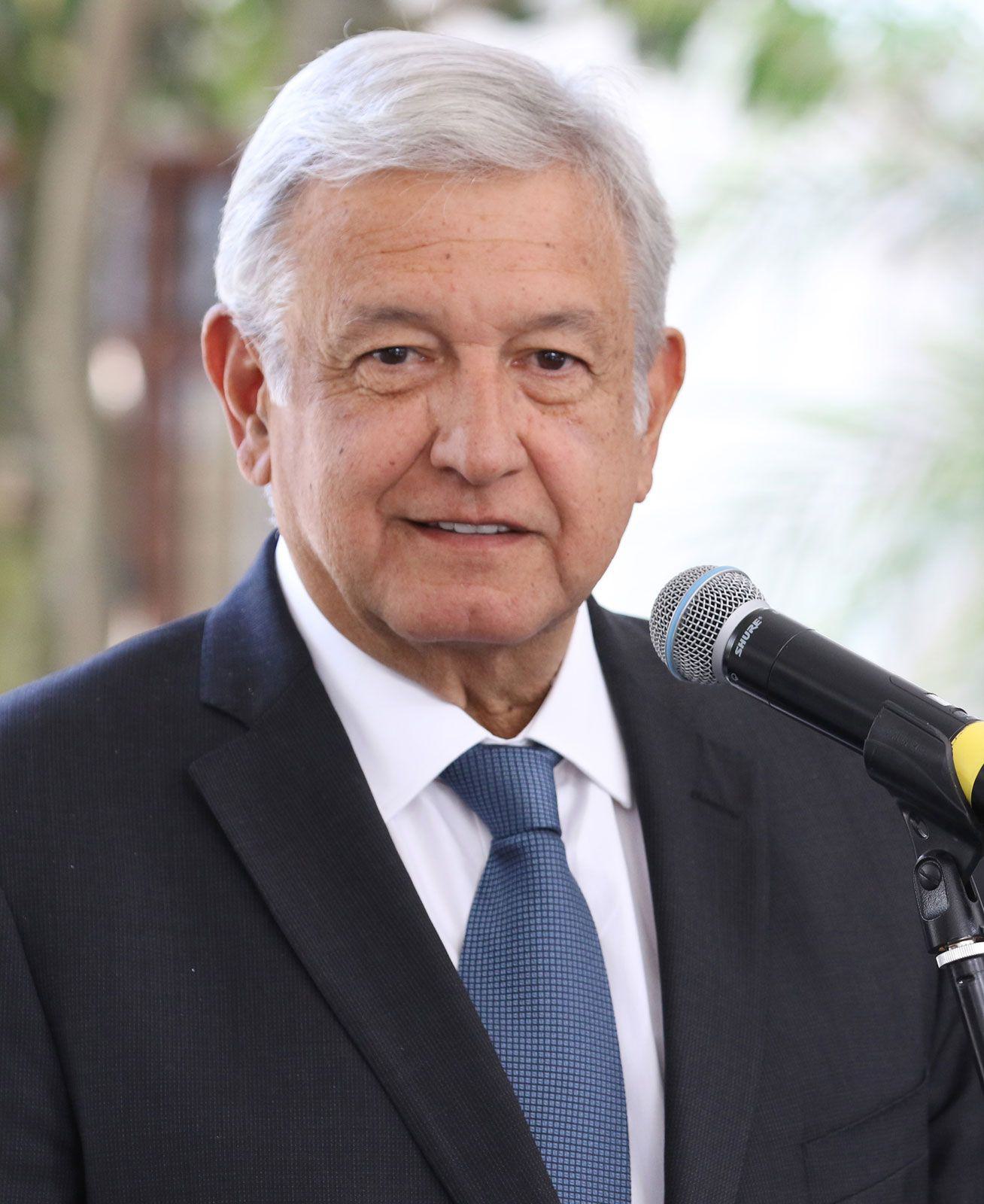
MEXICO CITY (AP) — Mexico’s president on Friday defended his decision to disclose a reporter’s telephone number, saying a law that prohibits officials from releasing personal information doesn’t apply to him.
Press freedom groups said the president’s decision to make public the phone number of a New York Times reporter Thursday was an attempt to punish critical reporting and exposed the reporter to potential danger.
Mexico’s law on Protection of Personal Data states “the government will guarantee individuals’ privacy” and sets out punishments for officials and others for “improperly using, taking, publishing, hiding, altering or destroying, fully or partially, personal data.” President Andrés Manuel López Obrador said that “the political and moral authority of the president of Mexico is above that law,” adding that “no law can be above the sublime principle of liberty.” He also accused U.S. media of acting with “arrogance.”
He downplayed the risks to journalists, saying it was “an old song that you (reporters) use to discredit our government,” and suggesting the Times reporter should just “change her telephone number.” Mexico is one of the deadliest places in the world for reporters outside of war zones. The Committee to Protect Journalists, or CPJ, has documented the killings of at least 55 journalists in Mexico since 2018, when López Obrador took office.
Jan-Albert Hootsen, the Mexico representative for the CPJ, noted the publication of a reporter’s phone number in Mexico can be dangerous. “The vast majority of threats and harassment and intimidation that reporters in this country, both foreign and domestic, receive, are conveyed through messages on messaging apps to mobile phones,” Hootsen said.
The situation began Thursday when López Obrador denied allegations contained in a New York Times story about a U.S. investigation into claims that people close to him took money from drug traffickers shortly before his 2018 election and again after he was president. The story cited unidentified U.S. officials familiar with the now shelved inquiry and noted that a formal investigation was not opened, nor was it known how much of the informants’ allegations were independently verified.

DW Staff
David Lintott is the Editor-in-Chief, leading our team of talented freelance journalists. He specializes in covering culture, sport, and society. Originally from the decaying seaside town of Eastbourne, he attributes his insightful world-weariness to his roots in this unique setting.
